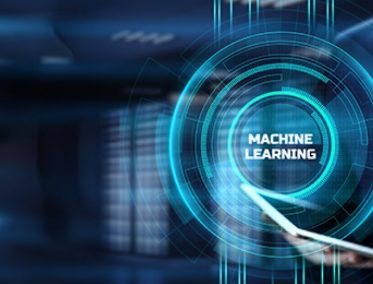This blog is part of a series around Robotic Process Automation (RPA) in multiple industries. View our previous entries for Manufacturing and Finance Services Industries.
Robots are no strangers in the retail industry. Many retailers have been using robots as co-workers in many factories, warehouses, or shops. But can Robotic Process Automation (RPA) bring automation in the Retail Industry to another level?
Potential of RPA in Retail
Retailers face several challenges that require them to keep operations running as smoothly and efficiently as possible. As one of the most fast-paced industries, retail has to:
- Maintain a high volume of inventory to make the product available on demand
- Train, retain, and manage critical workforce for their stores
- Provide fast and efficient service and support to clients in different channels
- Process and fulfill orders on time to achieve customer satisfaction

On top of that, with processes like inventory management, invoice and order processing, and customer queries, the retail industry has plenty of use cases for RPA to show the benefits of automation.
RPA can help to improve productivity and accuracy across a variety of operations within the Retail industry. According to Uipath, one of the main RPA tools in the market, these are the most common use cases for RPA in Retail:
-
- Sales Analytics. Comprehensive analysis of large amounts of sales data, demands intensive effort by employees as fast as possible. Automated analytics provides rapid access to reports providing real-time insights helping with the analysis to maximize sales opportunities.
- New Product Introductions. RPA improves collaboration between R&D, manufacturing, and marketing departments, by automating processes related to alerts and monitoring client opinions in real-time. It also allows retailers to adjust pricing, production, or inventory faster.
- In-Store Planning. RPA brings the ability to make use of data to anticipate customer expectations and create store-specific merchandise disposal, optimally fit with consumer demographics and preferences.
- Order and Returns Processing. BY employing RPA to process orders and returns, retailers can achieve a faster turnaround by avoiding delays in the processing of these activities, resulting in more time and bandwidth to handle exceptions.

Benefits of RPA in Retail
Implementing RPA in Retail can bring significant benefits like:
- Improve product availability to fulfill market demand
-
Deliver more value to the customer through smarter promotions
-
Reduce errors in business operations
- Increase operational efficiency with Data Management automation
-
Provide real-time analytics of sales and inventory for efficient planning
- Improve customer satisfaction with faster order and return processing
- Free up time to focus on improving customer experience
Want to learn more about RPA? Check our RPA services here.



